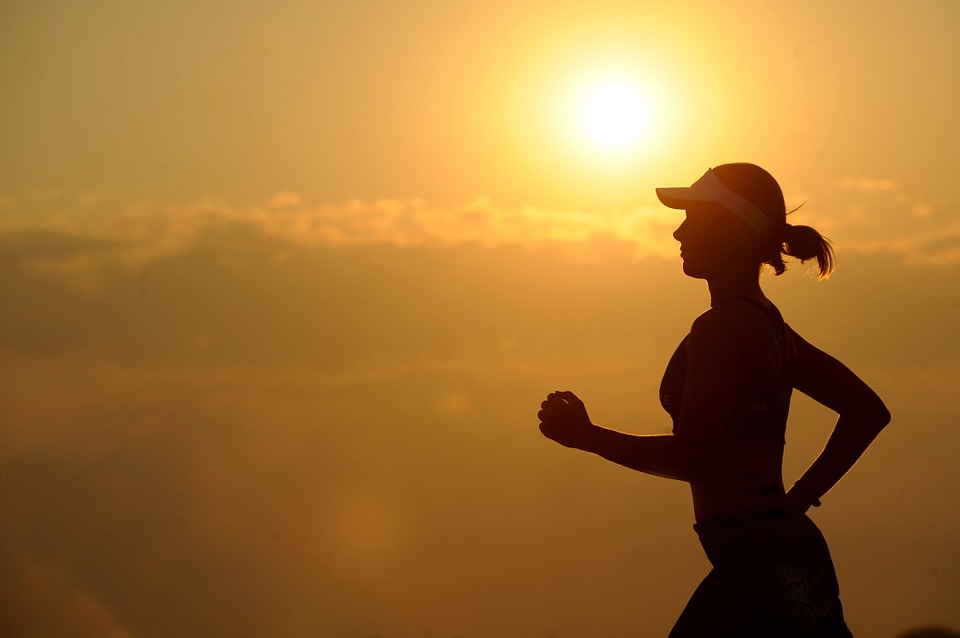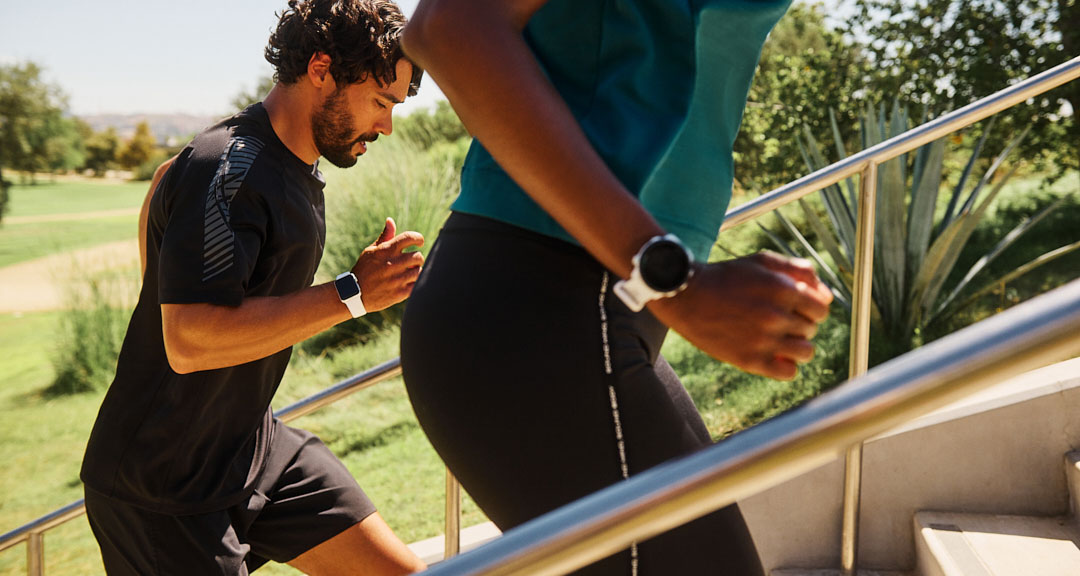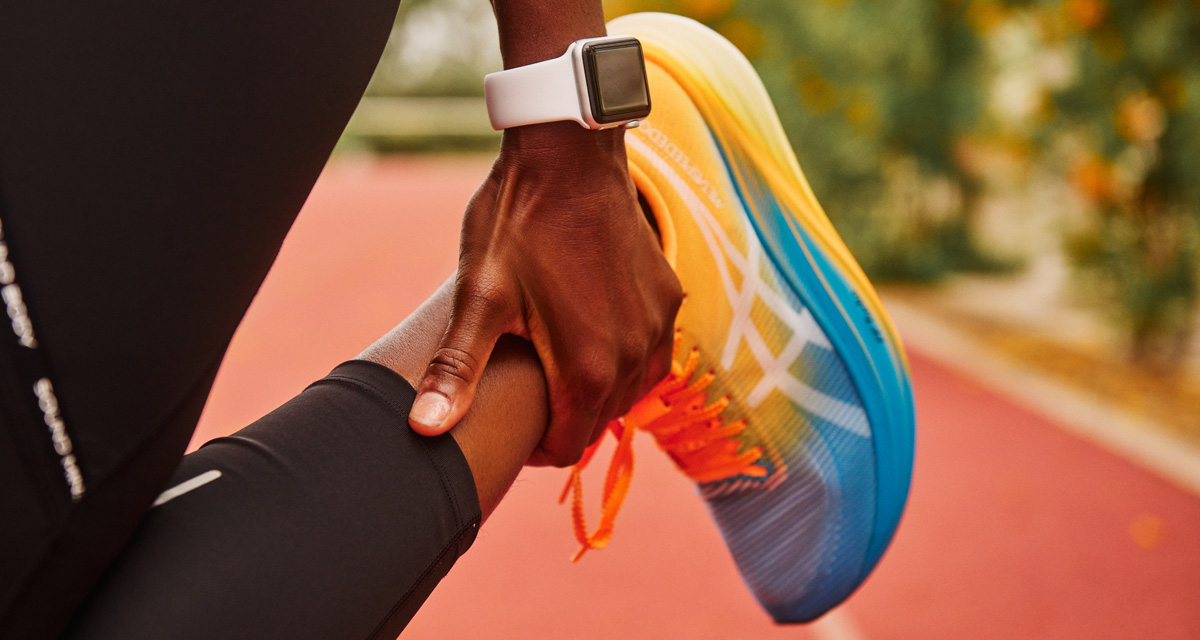Marathon Pace Shown to Decline with Age
Hi and welcome back to the Mohsin Salya blog.
Running a marathon is a massive feat of endurance. It’s hardly surprising that completing this 26.22 mile race is easier when you’re younger and fitter, than when you’re older. Well the results of a new study have confirmed this obvious conclusion, and have also shown us the ideal age to run marathons.
Crossing the finishing line
There are some incredible people who can cross that finishing line at lightning speed. The record for the fastest marathon time is held by Kenyan Dennis Kimetto, who ran the Berlin Marathon in 2 hours, 2 minutes and 57 seconds in 2014. Now some people are even saying that we’re close to seeing the dream of a sub-two hour marathon finish become a reality, showing just how quick some runners are.
Of course most of us could never dream of doing a marathon in less than two hours – we’re not professional athletes! The average finishing time is actually 4 hours, 19 minutes and 27 seconds for men and 4 hours, 44 minutes and 19 seconds for women. We also have to consider that there are a lot of moving parts here, and various factors (with age just being one) can impact marathon times.
Declining marathon paces
We know, therefore, that your marathon pace will go down as you age, but a new study has shown by how much it will decline by. According to Athletics Weekly, an industry publication, a study from Georgia State University – led by Dr Gerald Zavorsky, an Associate Professor in its Department of Respiratory Therapy, shows that your marathon pace starts tailing off when you reach 50 years of age.
If you’re a serious i.e. professional, marathon runner however, your pace will start going down much earlier, and your sex is also a determine factor here. Explaining, Gerald, who published his findings in the PLOS ONE journal, said: “For top runners, we determined the slowdown is about two minutes per year, beginning at age 35 for men… For women it’s actually a little bit statistically faster of a slowdown, around two minutes and 30 seconds per year beginning at the age of 35.”
Shedding further light
These gender differences were further highlighted by the fact that according to the research, women experience a 27 second greater marathon pace drop per year than men, between the ages of 35 and 74. Also the University noted that the average age of marathon winners is 28.3 years old for men and 30.8 years old for women respectively and in general, 25 to 34 year olds record the quickest times.
However if you’re an average runner, you don’t have to be quite as worried about your pace dropping off. Going on, Gerald said: “If you’re an average runner finishing in the middle of your age group, statistically the slowdown starts at age 50… It’s similar if you’re a man or woman. The decline with ageing in average runners is around two minutes and 45 seconds per year beginning at age 50.”
Running in later life
This study has basically reminded us of something that we already know – if you’re going to go running in your golden years, you should manage your expectations, to make sure you get the most out of it. Running later in life can be incredibly rewarding – especially if you choose to do a marathon, as it can really increase your physical fitness, but remember – it doesn’t have to be a race if you don’t want!
Until the next time,
Mohsin Salya.




